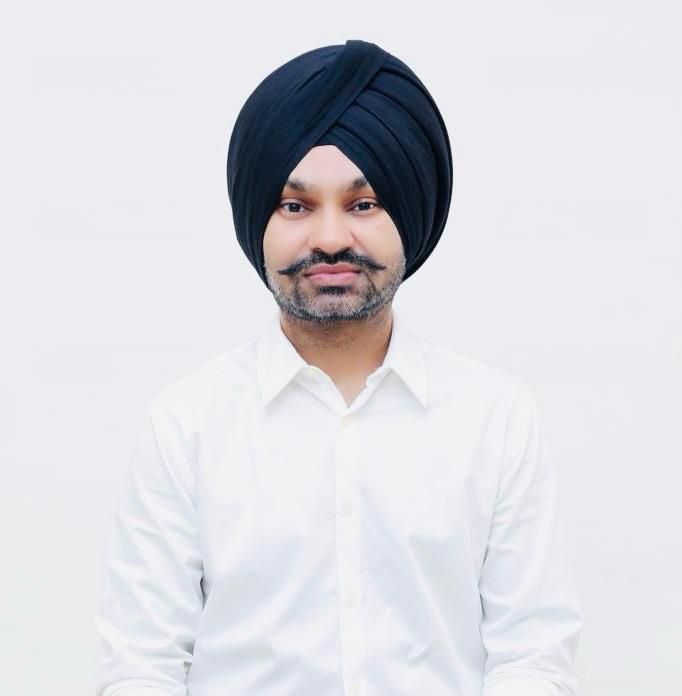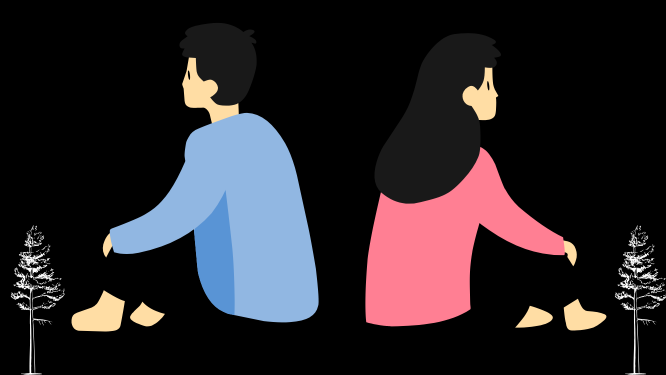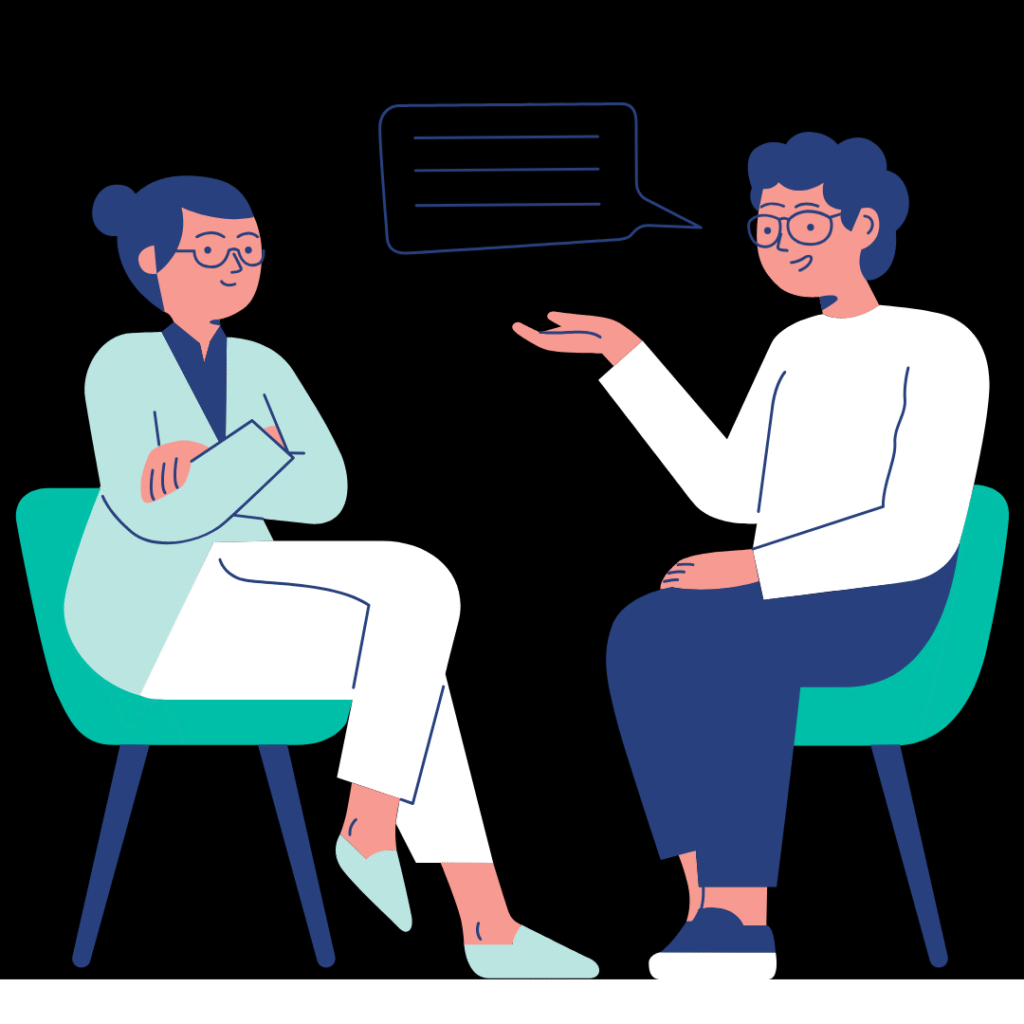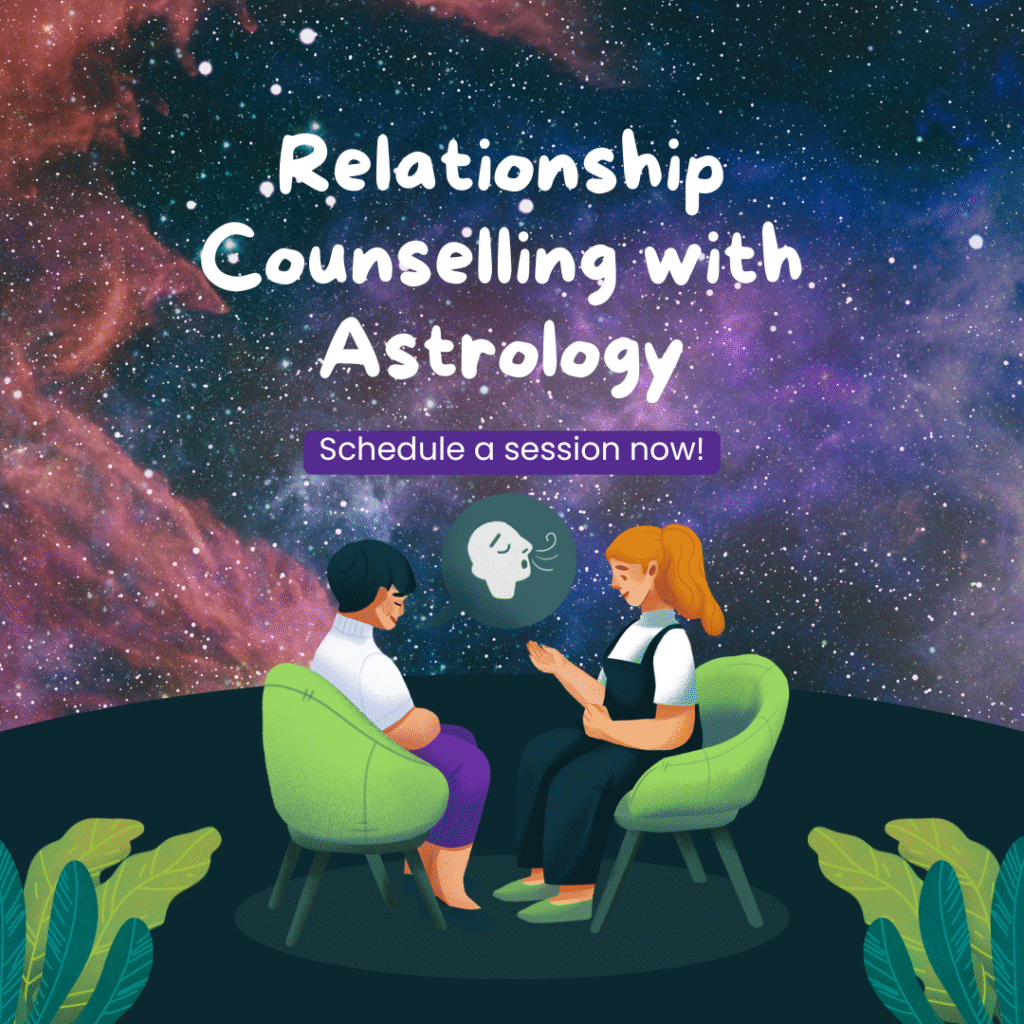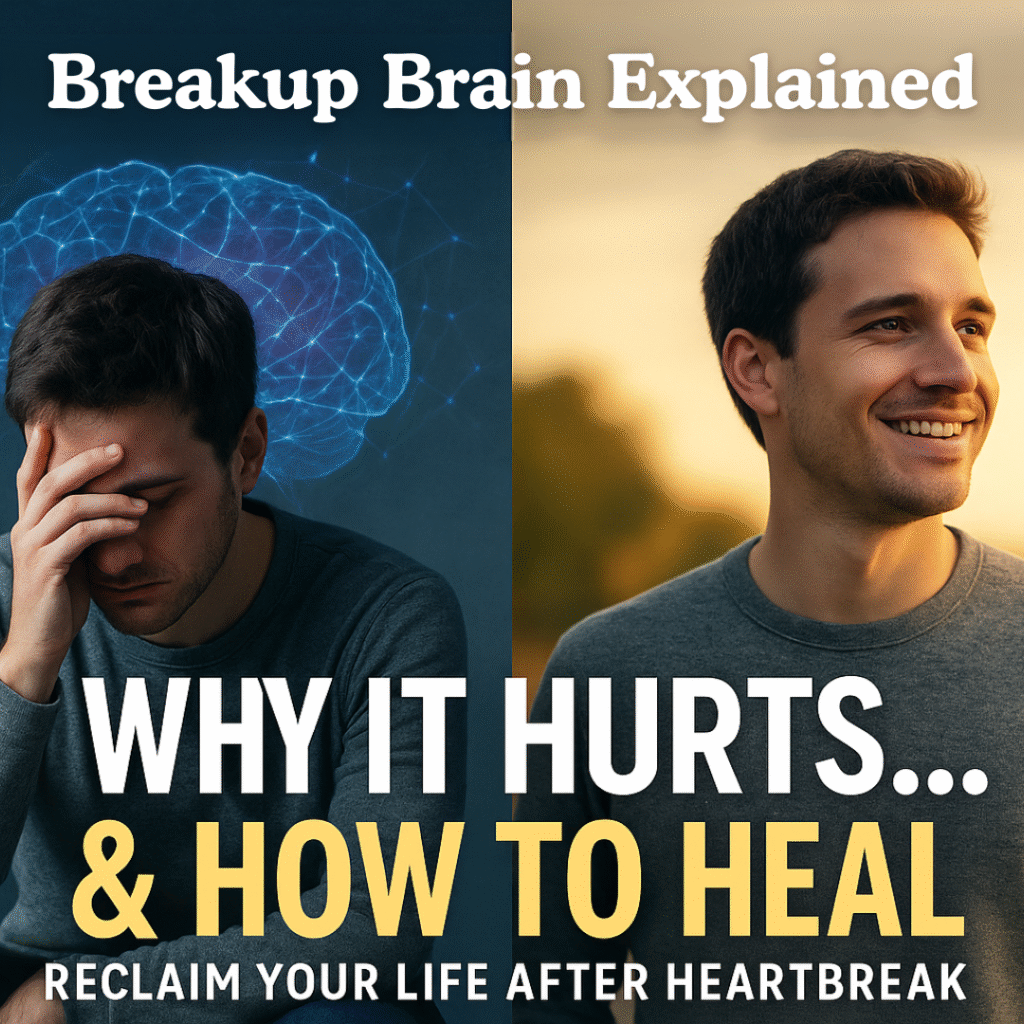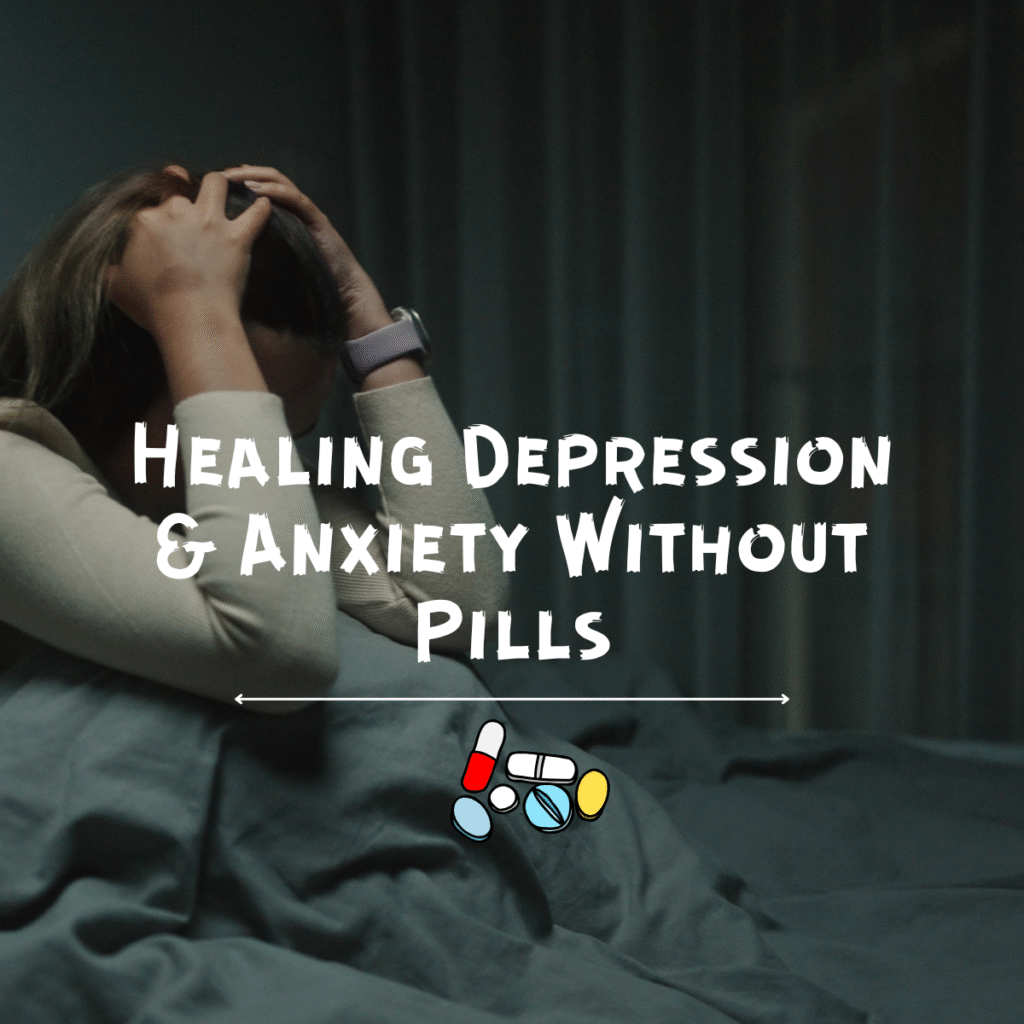Prince Dhawan – Expert Therapist & Astro-Psychologist
Prince Dhawan — The Best Relationship Therapist in Delhi Blending Psychology & Astro-Psychology In today’s fast-changing world, relationships are becoming more fragile, emotional conflicts run deeper, and misunderstandings grow faster than ever. Many people search for the best relationship therapist in Delhi because they want clarity, healing, and a fresh direction. This is where Prince Dhawan, a leading Relationship Therapist and Astro-Psychologist in Delhi, India, makes a remarkable difference. His powerful mix of modern psychology, relationship counseling, inner-child healing, trauma therapy, and astro-psychology insights helps individuals and couples understand themselves on a deeper emotional level. Whether you are dealing with communication issues, compatibility struggles, emotional distance, or ongoing relationship stress — Prince is widely recognized as one of the top couples counselors in Delhi NCR. 🌟 Why Prince Dhawan Is Considered the Best Relationship Therapist in Delhi Most people don’t struggle because of lack of love — they struggle because of emotional wounds, hidden fears, attachment styles, or past trauma.Prince’s approach to relationship therapy in Delhi focuses on: Breaking repeated conflict cycles Healing unresolved childhood wounds Improving conscious communication Building emotional intelligence Strengthening trust & intimacy Creating long-term relationship compatibility His clients trust him because he combines clinical psychology with astro-psychology, giving them a holistic and deeper understanding of their emotional patterns. 🔮 Astro-Psychology: A Unique Advantage in Modern Relationship Counseling What makes Prince different from traditional therapists is his expertise as an Astro-Psychologist in Delhi. This is not about predictions — it’s about understanding the emotional blueprint of a person. Through astro-psychological analysis, Prince helps clients: Discover their relationship style Identify compatibility strengths and gaps Understand subconscious fears Decode attachment patterns Recognize emotional triggers Gain clarity on relationship timing and cycles People across India search for astro-psychology therapy because it offers a rare level of emotional clarity. Prince is one of the few therapists in India combining cosmic insight with psychological healing. 🌏 Serving Clients in Delhi, India & Abroad Today, individuals and couples from: Delhi NCR Mumbai Bangalore Pune Chandigarh Dubai UK USA Australia …reach out to him for online relationship counseling in India because his approach creates breakthroughs that many couldn’t achieve through traditional therapy alone. Whether online or offline, clients receive: Confidential sessions Emotional clarity Personalized guidance Long-term relationship solutions 📌 If Your Relationship Is Struggling, The Right Therapist Can Change Everything A healthy relationship needs emotional understanding, clarity, and direction — not guesswork.If you feel stuck, confused, overwhelmed, or disconnected, talking to the right therapist can help you rebuild peace and connection. Prince Dhawan is widely recognized as one of the Best Relationship Therapists and Astro-Psychologists in Delhi, India — helping individuals and couples heal emotional wounds, strengthen relationships, and rediscover trust and intimacy. 👉 Book your appointment today: https://princedhawan.com/
Prince Dhawan – Expert Therapist & Astro-Psychologist Read More »

